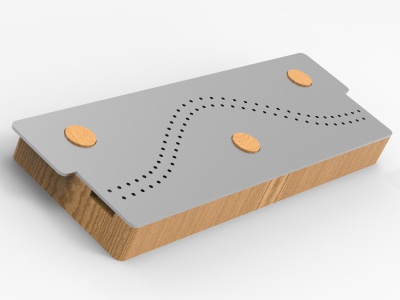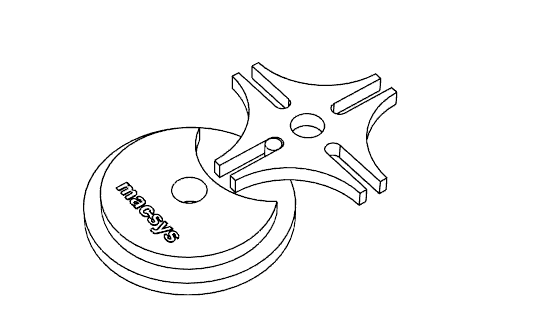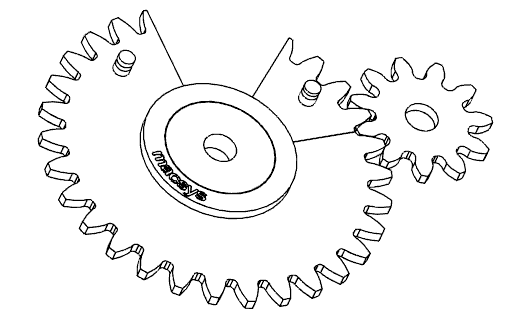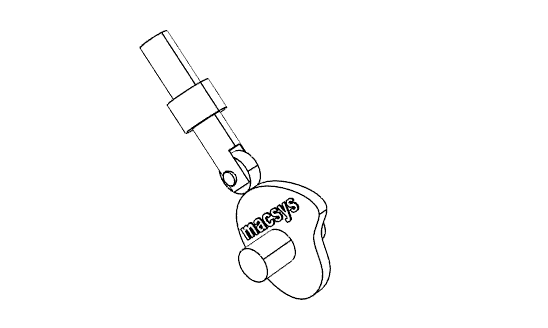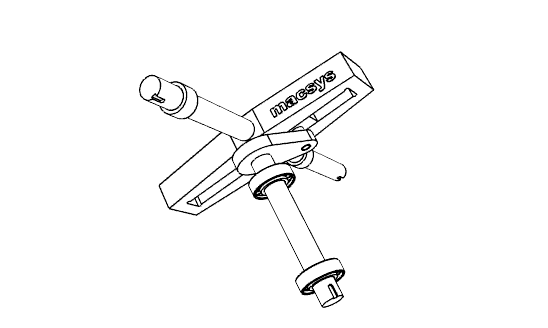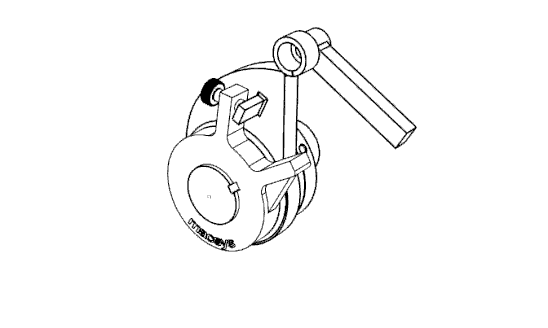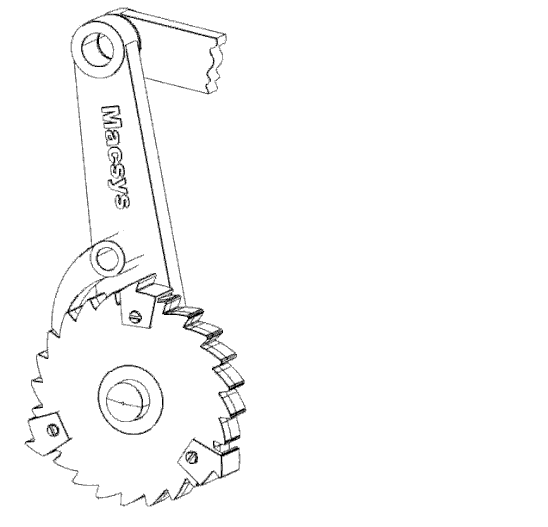Difference between revisions of "Macsys Holding BV"
(→Product Development [years 2008 - Current]) |
(→Company) |
||
| Line 8: | Line 8: | ||
Traditionally, [https://en.wikipedia.org/wiki/Architectural_model architectural models] are handmade using various materials. These materials have a look and feel that is close to the finished building, something that can not be achieved with 3d printing. The benefit of 3d printing is speed. A virtual 3d model is created faster and in finer detail then hand crafted models, especially if the building design is available digitally. Because 3d printed models are build up in layers, the surface finish is inferior to traditional models. The surface finish however can be improved by sanding or bead blasting. '''More on [[3D Printing]]...''' | Traditionally, [https://en.wikipedia.org/wiki/Architectural_model architectural models] are handmade using various materials. These materials have a look and feel that is close to the finished building, something that can not be achieved with 3d printing. The benefit of 3d printing is speed. A virtual 3d model is created faster and in finer detail then hand crafted models, especially if the building design is available digitally. Because 3d printed models are build up in layers, the surface finish is inferior to traditional models. The surface finish however can be improved by sanding or bead blasting. '''More on [[3D Printing]]...''' | ||
| + | |||
| + | |||
| + | |||
| + | |||
Revision as of 11:04, 31 July 2021
Company
Macsys was founded as a General Partnership (Dutch V.O.F.) on 13 October 2006 by A.J.P. Schalkwijk and M. Alfons. The name Macsys is inspired by CAM software Cimatron, where MACSYS stands for MAchine COordinate SYStem. Macsys Engineering B.V. and Macsys Holding B.V. are founded May 22, 2012, and replaced the existing partnership structure. In 2019 Macsys Engineering BV activities have all been transferred to Macsys Holding BV.
3d Printing [years 2006-2008]
Macsys uses SketchUp software to transform architectural 2d drawings into 3d surface models. The 3d surface models are fed into Z-Corp printers to create tangible solid models or maquettes. Z-Corp printers use inkjet-technology to create full color models, making them ideal for visualization.
Traditionally, architectural models are handmade using various materials. These materials have a look and feel that is close to the finished building, something that can not be achieved with 3d printing. The benefit of 3d printing is speed. A virtual 3d model is created faster and in finer detail then hand crafted models, especially if the building design is available digitally. Because 3d printed models are build up in layers, the surface finish is inferior to traditional models. The surface finish however can be improved by sanding or bead blasting. More on 3D Printing...
Engineering Service [years 2008 - Current]
Quick Release
Quick release soap connector for MMID and used in Touch Free Hygienic Dispensers.
More on Quick Release Mechanism...
Boxer PWV
Boxer armored fighting vehicle
More on Boxer PWV...
Front Belt
Assembly tool for Crystals by Lila.
Product Development [years 2008 - Current]
Dip-Clip
The Dip-Clip® logo is a registered trade mark at the The Benelux Office for Intellectual Property.
More on Dip-Clip...
BandRec App
BandRec - Automatic Recording App
More on BandRec...
Engineering Calculations
Mechanics of Materials
Equilibrium of a Deformable body
Statics
Dynamics
Rectilinear Kinematics, Continues Motion
Rectilinear Kinematics, Erratic Motion
Curvilinear motion: Normal and Tangential components
---
Mathcad
Mathcad is computer software primarily intended for the verification, validation, documentation and re-use of engineering calculations developed by Mathsoft. Mathcad is relatively easy to learn and has WYSIWYG functionality, which is a big advantage over the 'hidden' and 'text based' formulas used in Microsoft Exel. Unfortunately Mathcad was purchased by PTC and as a consequence became less accessible, more expensive, more bulky - but - still superior compared to Microsoft Exel. Macsys uses Mathcad Client 2001 for making and reporting engineering calculations. A practical starters guide for learning Mathcad can be found here. More on Mathcad...
Mathcad Calculations
Lifetime performance and Reliability
Simulations & Animations
SimWise4D
SimWise 4D was born when DST acquired a license from MSC Software Corporation to the MSC.visualNastran 4D (vn4D) product. The software traces its roots to the Working Model 3D product developed by Knowledge Revolution, which was acquired by MSC in 1999, extended to include FEA capabilities, and renamed Working Model 4D. It has found tens of thousands of users among engineering professionals, students, and educators. In 2021 Macsys Holding BV accuired a perpetual licence from DST for the use of SimWise 4D software. More on SimWise 4D...
Geneva Drive Wheels
Geneva Drive. Model created and animated in NX6
Intermittent Motion Gears
Model created and animated in NX6
Rotational Cam
Cam follower. Model created in SpaceClaim and animated in NX6
Scotch Yoke
Model created and animated in NX6
Variable Quick Drop
Model created and animated in NX6
Double Wheel Ratchet
Double wheel ratchet. Model created and animated in NX6
Above mechanisms are derived from the books Ingenious Mechanisms for Designers and Inventors.
Relations
Etergo - Smart Electric Scooter
MCi - Mirror Controls International
McFly and Brown - Tech Recruitment
Yxion - Pharmaceutical Consultancy
MMID-group - Product Development


